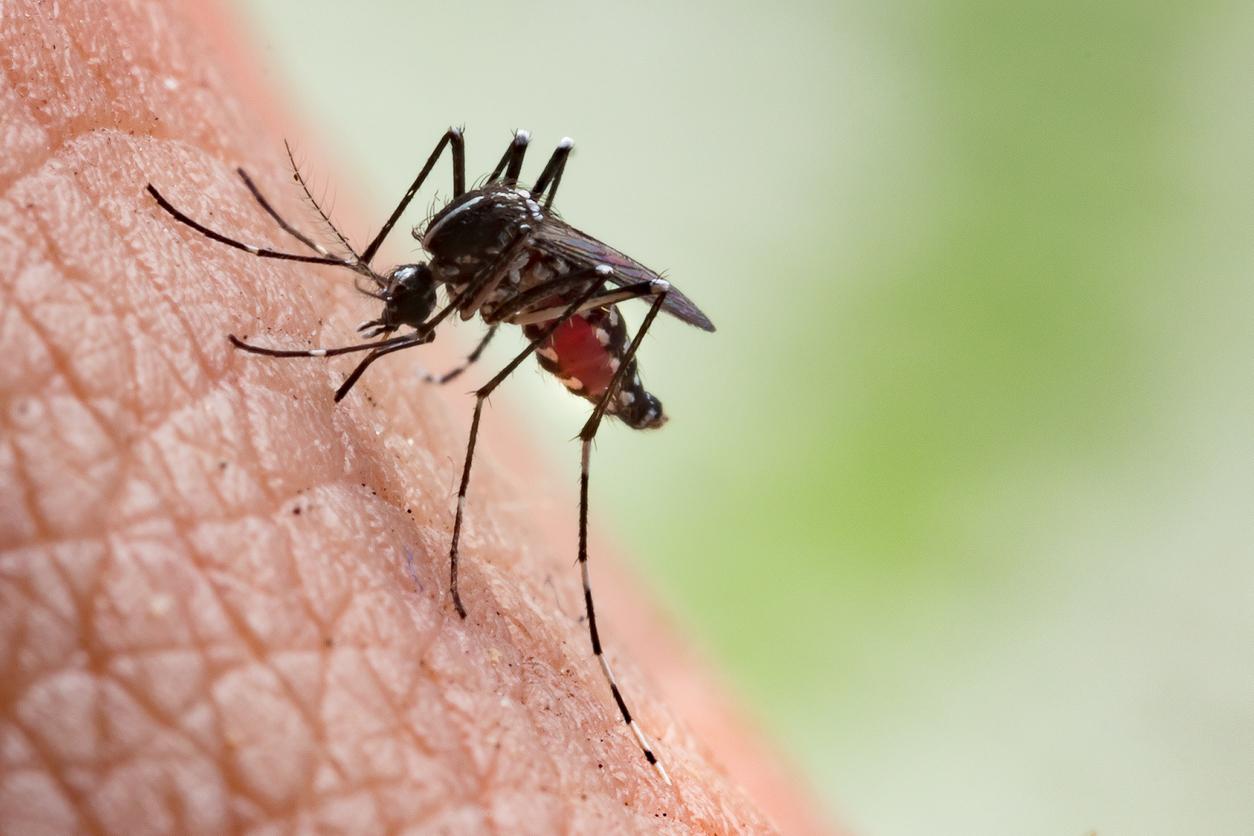According to 120 world-renowned researchers, rising temperatures are increasing mortality on the planet.

- Over the past 20 years, there has been a 54% increase in heat-related mortality among people over the age of 65.
- Disease transmission has also grown rapidly around the world since the 1950s, with an upsurge in deaths from dengue fever and malaria.
No country is now immune to the adverse effects of climate change on health, according to the “countdown to health and climate change” from Lanceta joint note published Thursday, December 3.
More heat waves
5 years ago, countries committed to limiting global warming to “well below 2°C” as part of the flagship event of the Paris agreements. “5 years later, global carbon dioxide (CO2) continues to rise steadily, without any sustained reduction, resulting in an average temperature increase of 1-2°C,” write in the preamble 120 world-renowned researchers.
Result: vulnerable populations have been exposed to heat waves, resulting in excessive morbidity and mortality. Over the past 20 years there has been a 54% increase heat-related mortality among people aged over 65, reaching a total of 296,000 deaths in 2018.
Dengue fever and malaria
Following increasingly common natural disasters (fire, flood) caused by global warming, the transmission of diseases has also increased rapidly in the world since the 1950s, with an upsurge in deaths due to dengue fever and malaria.
“The pandemic has shown us that when health is threatened on a global scale, our economies and ways of life can come to a halt,” recalls in Le Monde Ian Hamilton, executive director of the Lancet Countdown. “However, threats to human health are multiplying and intensifying due to climate change and, if we do not change course, our health systems risk being overwhelmed in the future. The world does not have the luxury of dealing with more than one crisis at a time”, concludes the scientist.
 “
“
.

















